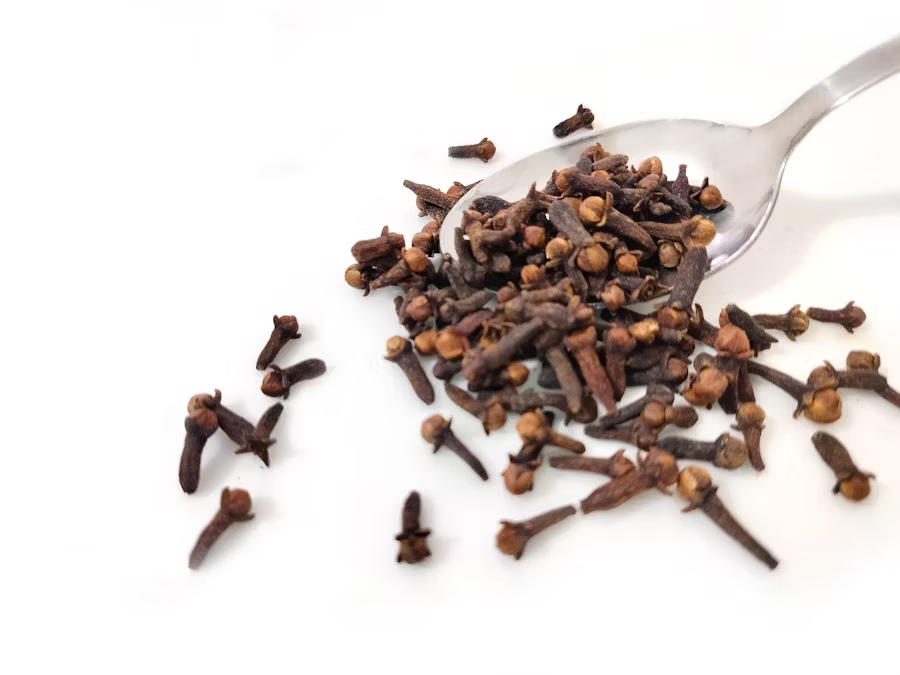Women’s reproductive health and fertility are critical aspects of overall well-being, influencing not only the ability to conceive but also the quality of life for women. As more women seek to understand their reproductive health, it’s essential to highlight natural fertility boosters that can enhance chances of conception. This blog post will explore various strategies, lifestyle changes, and natural supplements that can support women’s reproductive health.
Understanding Women’s Reproductive Health
Women’s reproductive health encompasses a wide range of issues, including menstruation, fertility, pregnancy, and menopause. It is vital for women to have access to accurate information and healthcare services that address these areas. Factors such as age, hormonal balance, and lifestyle choices significantly impact fertility.
Key Factors Affecting Fertility
- Age: Fertility naturally declines with age, particularly after 35.
- Hormonal Imbalances: Conditions like polycystic ovary syndrome (PCOS) can disrupt ovulation.
- Lifestyle Choices: Diet, exercise, stress levels, and substance use (like alcohol and tobacco) play a role in reproductive health.
Natural Fertility Boosters
Incorporating natural fertility boosters into daily routines can significantly enhance reproductive health. Here are some effective strategies:

Diet Modifications
- Antioxidant-Rich Foods: Consuming fruits, vegetables, nuts, and whole grains can help combat oxidative stress that affects egg and sperm quality. Foods high in vitamins C and E, folate, and beta-carotene are particularly beneficial.
- Healthy Fats: Incorporating omega-3 fatty acids from sources like fish, flaxseeds, and walnuts can improve hormonal balance and reproductive function.
- High-Fat Dairy Products: Studies suggest that high-fat dairy may be more beneficial for fertility than low-fat alternatives.
Lifestyle Changes
- Maintain a Healthy Weight: Both underweight and overweight conditions can disrupt hormonal balance and ovulation. Achieving a healthy BMI through balanced nutrition and regular exercise is crucial.
- Regular Exercise: Moderate physical activity is beneficial for both men and women. However, excessive exercise can negatively impact fertility.
- Stress Management: High stress levels can interfere with hormonal balance. Techniques such as yoga, meditation, or even regular massages can help reduce stress.
Herbal Supplements
Certain herbs have been traditionally used to enhance fertility:
- Chasteberry (Vitex): Known for its ability to regulate menstrual cycles and support hormonal balance.
- Red Clover: This herb is rich in phytoestrogens that may help regulate estrogen levels in women.
- Maca Root: Often used to boost energy levels and improve sexual function; it may also enhance fertility by balancing hormones.
Additional Considerations
- Sleep Hygiene: Quality sleep is essential for hormonal regulation. Aim for 7–8 hours of restorative sleep each night to support overall health.
- Limit Caffeine and Alcohol: High caffeine intake has been linked to lower fertility rates. Moderating alcohol consumption is also advisable when trying to conceive.
Conclusion
Women’s reproductive health is a multifaceted issue influenced by various factors including age, lifestyle choices, and hormonal balance. By incorporating natural fertility boosters such as dietary changes, exercise, stress management techniques, and herbal supplements into their routines, women can enhance their chances of conception.For those experiencing difficulties with fertility or seeking personalized advice on reproductive health, consulting with a healthcare professional is recommended.
References
- Elite IVF – Herbs for Fertility
- NJ Best OBGYN – 7 Ways to Be Fertile Naturally
- Better Health Channel – Women’s Sexual and Reproductive Health
- Better Health Channel – Infertility in Women
- World Health Organization – Infertility
- Cada.com – Natural Fertility Boosters
- Healthline – 16 Natural Ways to Boost Fertility
- Office on Women’s Health – Infertility
- NCBI – Female Fertility and the Nutritional Approach



